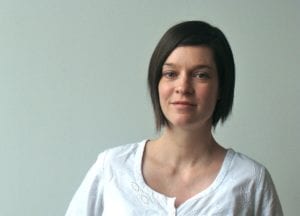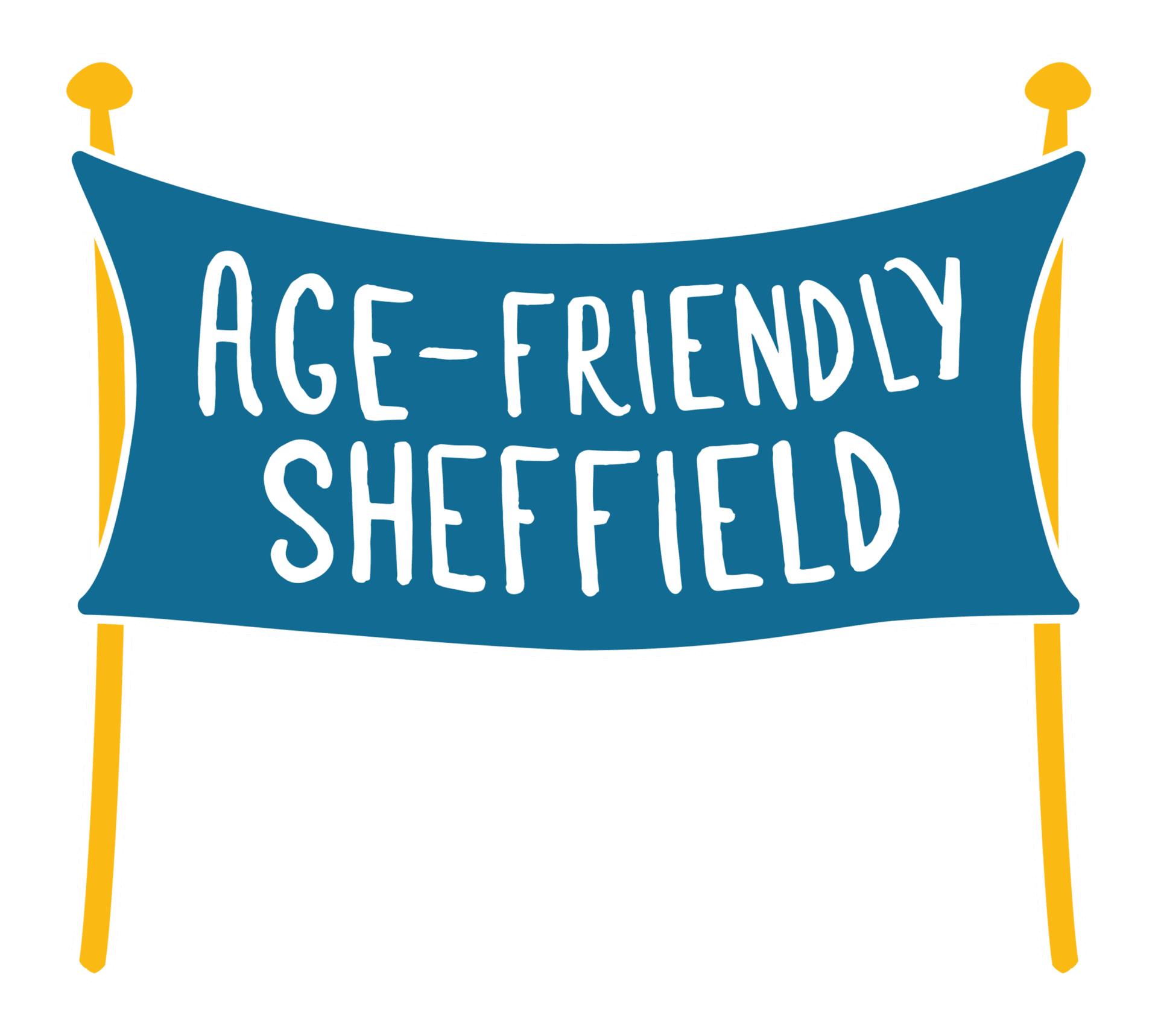Age Better in Sheffield: why understanding personal impact is part of our legacy
This blog is my story with Age Better in Sheffield, the experiences I have gained and what we’re trying to learn about and support. - Alice Mathers, Core Partner
“Projects and programmes are time limited but the personal impact that results can be life long. What happens to you at 85 is just as important as what happens to you at age 5.”
Alice Mathers, Core Partner

In 2017 I applied to join the Age Better in Sheffield Core Partnership (a voluntary team of committed individuals). I was interested in work taking place across Sheffield that sought to address loneliness and social isolation. But being professionally interested wasn’t all. I also had a strong individual motivation to be involved, which I wrote about in my application:
On personal note, I now have a family who I have chosen to have and bring up in Sheffield. It’s a city I love, but a city that saddens me seeing how hard people continue to be hit by the social and financial obstacles stacked against them. Many of which intensify with age. Everyone should have the chance not only to fall in love with Sheffield but to see a future where they, their families and their friends are safe in the knowledge that is a great place to grow old.
So after an interview with existing Core Partners (Tony and Alan were a daunting panel!) in early 2018 I began my journey with Age Better in Sheffield.
Working with South Yorkshire Housing Association’s Age Better team (who lead the programme), the other Core Partners and meeting the Delivery Partners was a more active commitment than I first anticipated, but this has been a good thing. As Core Partners the wider Age Better team wanted our input, responded to our questions, shared with us their successes, took decisions with us together and were honest about areas for improvement. As a result I began to feel personally very invested and responsible. So what could I offer in return?
Research and evaluation is the world I have been immersed in all my adult life.
Like many this started in academia, but a persistent feeling made me question whether this was the place to have an impact. Inequalities were becoming apparent across so many areas of life which left me feeling quite disconnected, so I began a new research career in practice. For the last six years I have led research and evaluation at Good Things Foundation, a social change charity who works to improve lives through digital, addressing digital exclusion and the social inequalities that creates, head on. It was using this experience that I was able to contribute.
The Age Better in Sheffield evaluation, led by the Centre for Regional Economic and Social Research (CRESR) at Sheffield Hallam University, is crucial in helping us learn, be responsive, adapt approaches and try new things. What is great about CRESR’s approach is that alongside the quantitative data they collect, they have embedded a qualitative approach, working with peer researchers. The peer researchers are volunteers over the age of 50, who through support and training have become experts in helping people of the same age talk about the support they’ve received through the programme’s range of projects and activities.
It was at my first Core Partner meeting in 2018 that the peer researchers presented their experiences and research.
In those 15 minutes I understood what was going to make Age Better in Sheffield special to me: storytelling, co-production and lived experience.
I wanted to help continue the impact of this work so over the last year we began to evolve our approach to the evaluation and amplifying the involvement of peer researchers.
What we hadn’t focused so far was capturing an in-depth, over time account of people’s experiences of the Age Better in Sheffield programme. We agreed that looking at Age Better in Sheffield through the lens of a longitudinal study could help us tell such a story and capture the programme legacy in terms of how people:
- Initially engaged with the programme;
- Experienced support;
- Progressed and moved on to other activities, and;
- Benefited in terms personal goals and outcomes
In March 2019 we began to bring our longitudinal plan and team together.
Our first step was to recruit a team of peer researchers (we’re calling them ‘story catchers’). Following this we employed an experienced research associate to support project. The longitudinal study is just starting, and will be looking at three projects that focus on travel, money management and coping with bereavement, all of which are critical to ageing well:
Better Journeys supports older people to do more of the things they love by increasing confidence using local transport across Sheffield. Delivered across the Firth Park ward by PWLC Projects, Better Journeys aims to provide information and tools to get the best out of public transport and support, accessing digital information, completing concessionary fares forms, and providing Independent Travel Training.
A Better Life works with people aged 50 and over to address finance worries that may contribute to feelings of isolation. Support is given through group work and 1-2-1 sessions, providing the skills to maximise income and feel more in control of life. A Better Life is delivered by SOAR across the Burngreave and Firth Park wards.
The Ripple Effect is a bereavement service providing people with emotional and practical support after the loss of a loved one. The project provides up to 3 months of one-to-one support, additional group activities and a monthly bereavement café to meet with other people going through similar experiences. Delivered by Sheffield Mind across the Beauchief and Greenhill ward the ‘ripple effect’ part of the project takes place when individuals share their new skills and confidence with others in the community to form a pack of resources to share far and wide.
What the longitudinal study will tell us I’m not sure, but that’s the brilliance of it. I can’t wait to see what happens and to hear the stories from the peer researchers and research associate.
We have the chance to reveal what might otherwise be hidden, to understand the journeys people take and to see the personal impact of Age Better in Sheffield emerge.


